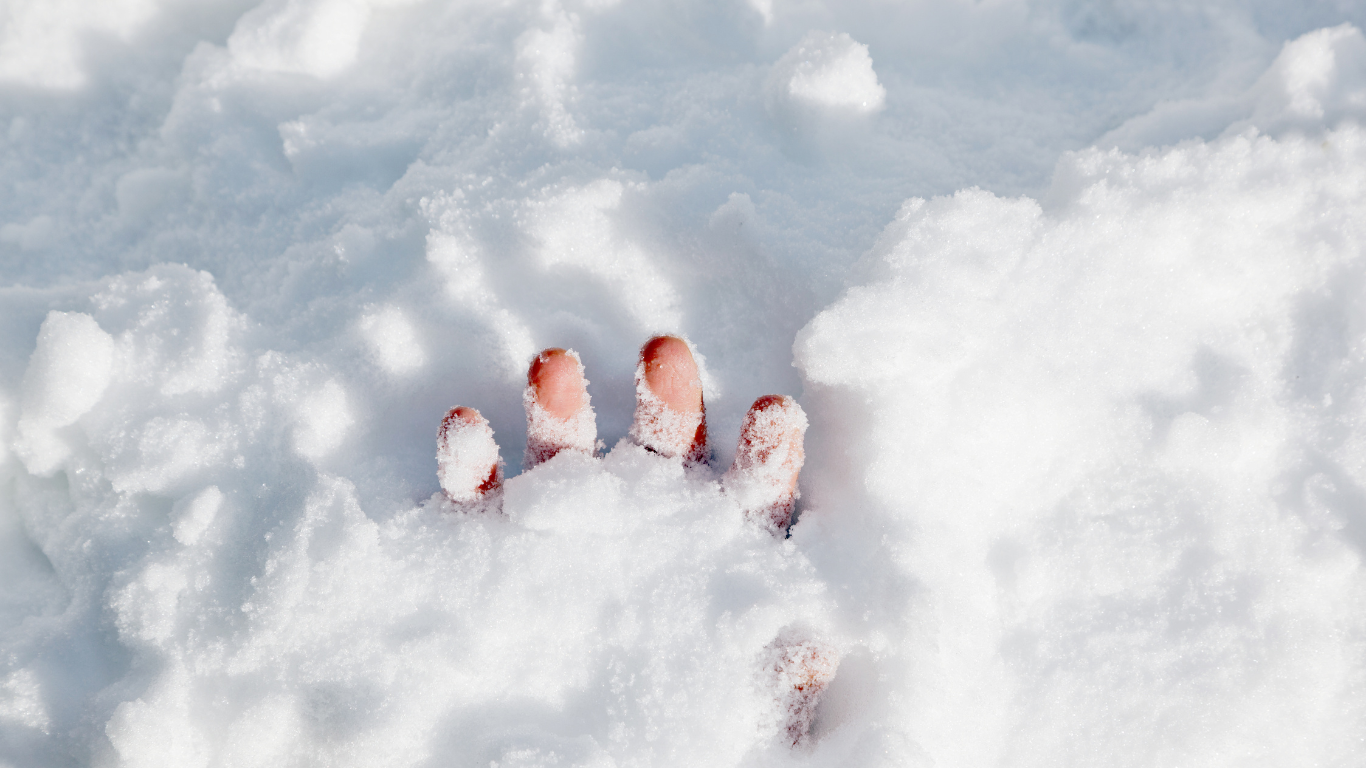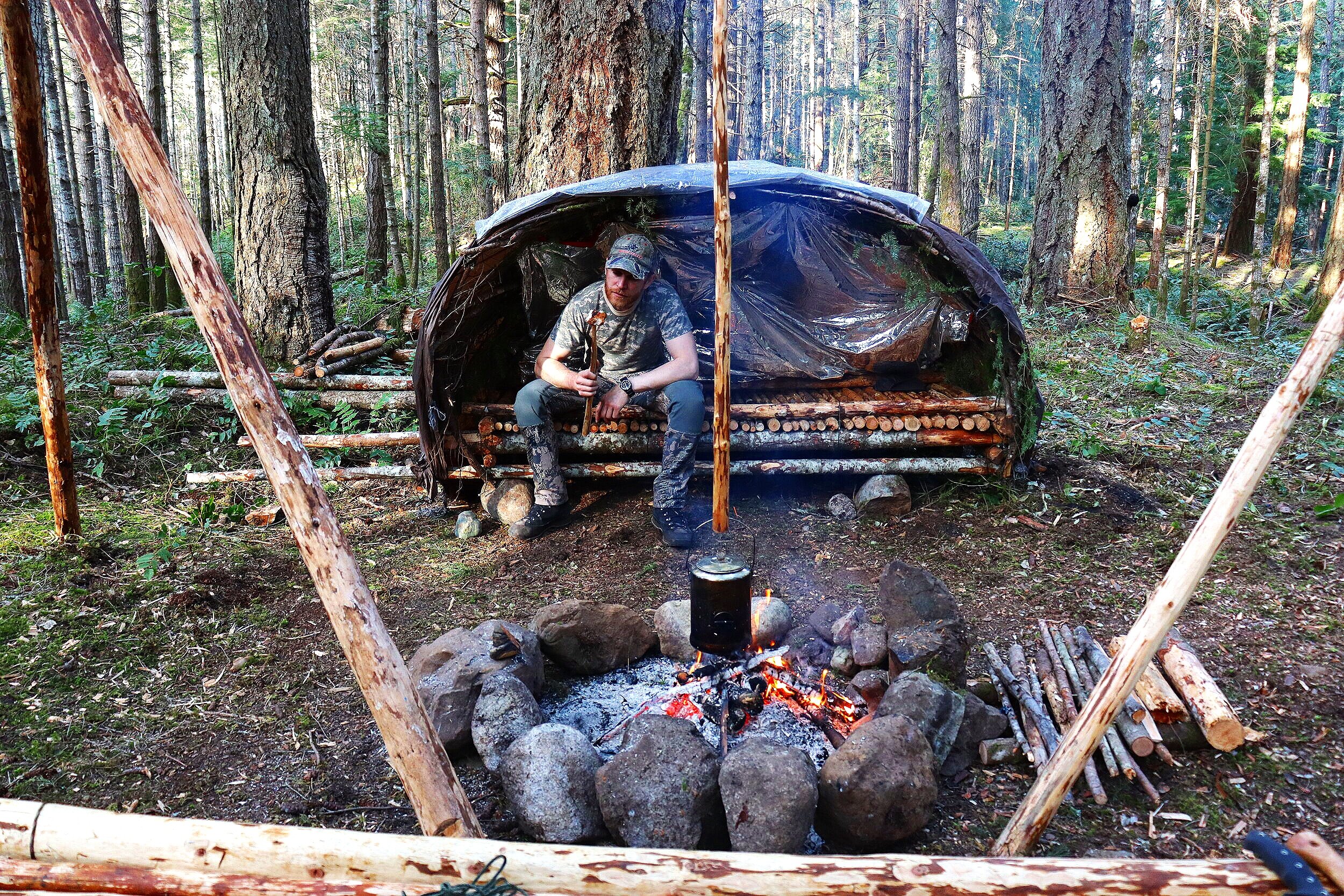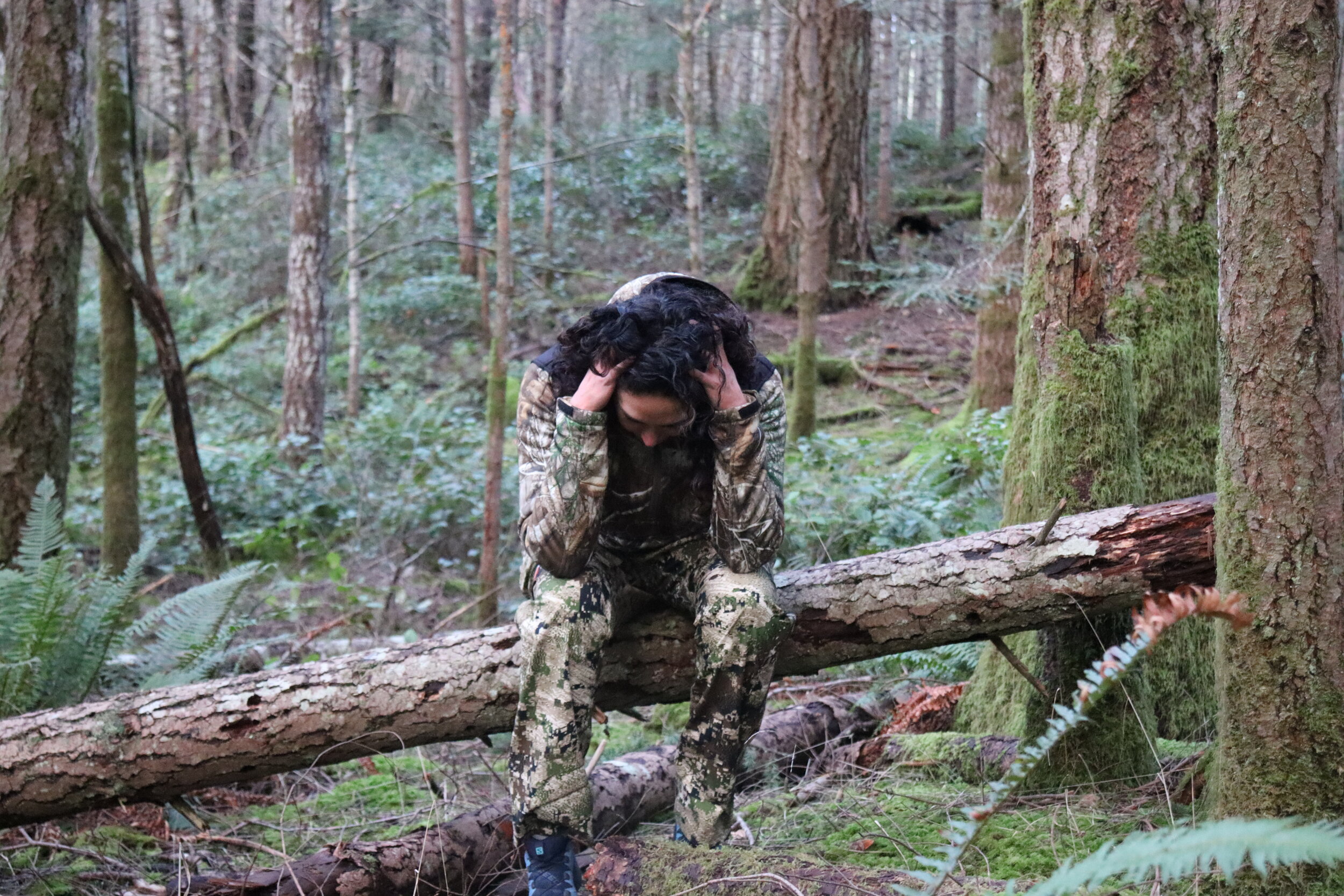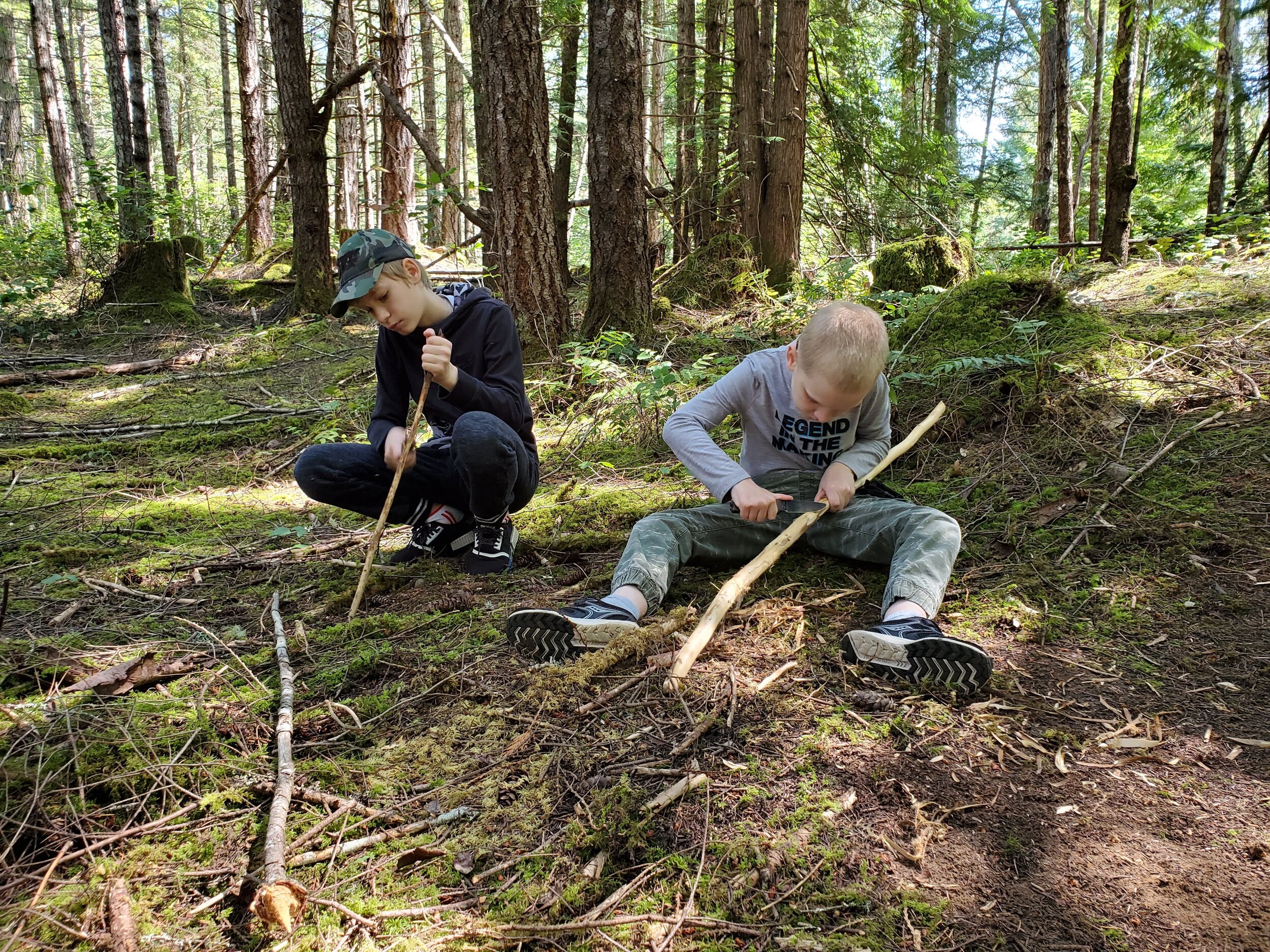Outdoor Life Blog

Survival Skills vs Overconfidence: The Case of a YouTuber Freezing to Death
A Belgian YouTuber, known for solo wilderness treks died in a snowstorm in Swedish Lapland. Despite having multiple experiences on his own in the outdoors, he was ill-prepared for the extreme cold and heavy snow. He was found frozen to death not far from his tent, with only a sleeping bag and a toothbrush in his backpack. This tragedy highlights the risks of wilderness challenges and how psychological tendencies, like optimism bias, can cloud judgment.

Outdoor Survival - Facing the Unexpected in the Wilderness
As a society, we have become more and more dependent on technology. With a few clicks or taps we can have pretty much anything delivered to our doorstep from a bag of chips to the latest mobile phone. In a society where convenience and instant gratification is often valued, outdoor survival offers a refreshing contrast where we can step outside of our comfort zone and develop skills that promote self-reliance which is a great avenue to build our self-confidence.

Avoid optimism bias in the wilderness - be realistic.
Most of us tend to live our lives comfortably without needing to worry about potential predicaments and unforeseen situations. We surround ourselves with people and things that we are comfortable with and find security and happiness with that. It’s not that we consider ourselves to be lucky individuals who stroll through life without anything bad happening, it’s more to do with the fact that for some reason we feel overly confident that unfortunate events will not happen to us. We easily see this in real-life stories of outdoor enthusiasts who never expected anything bad to happen such as hikers who, dressed for a hot summer’s day, decided to hike up a mountain, got lost and found themselves in a snowy environment.

Outdoor Enthusiasts Are Not Prepared
Search and Rescue incidents have risen dramatically. How prepared are you for the outdoors? If we want to embrace nature and explore it fully, we should do so responsibly. Optimism bias is real and no one is invincible. Unexpected situations can arise anytime. Be prepared and develop not only your outdoor life skills but critical thinking too so that you can be truly confident in nature.

Should we let our children handle bushcraft knives and axes?
It is true that sharp tools such as knives and axes can be dangerous if used inappropriately. However, the skills involved have a much greater benefit to children. Parents often worry about the mess or mistakes kids make and in turn take over completing tasks they consider to be ‘complex’ or ‘unsafe’. Parenting out of fear and delaying the use of these tools helps no one.

